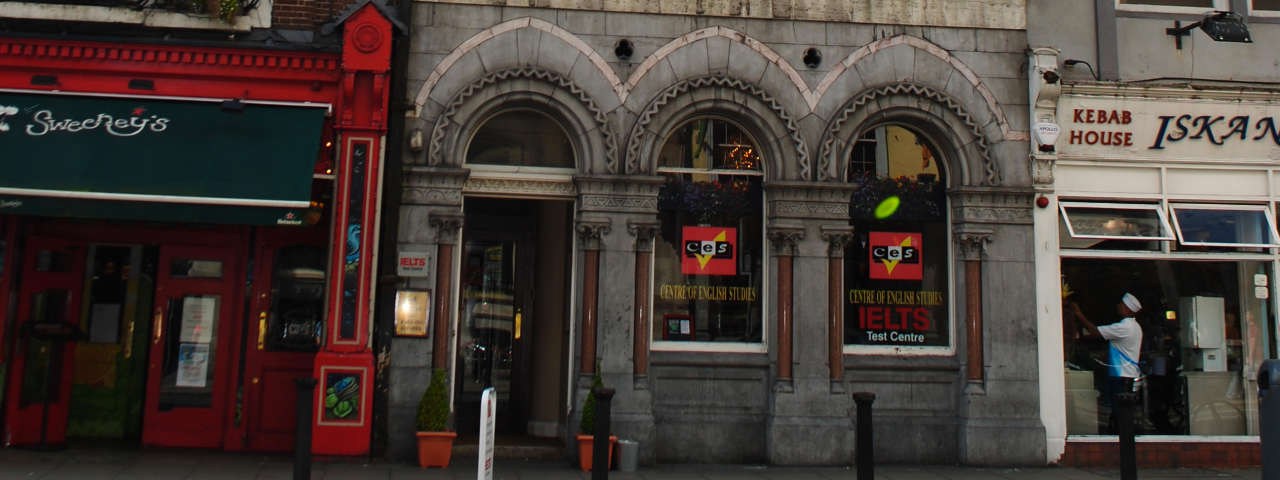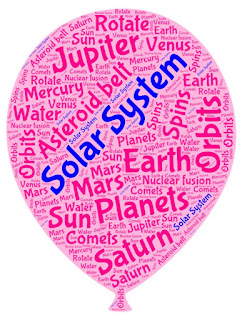Hello
everyone!
Yesterday I
began my CLIL (Content and Language Integrated Learning) course in Malta. The
academy is nice and our teacher, Lorenza, very friendly. She seems rather
experienced and conducts the class in an interesting way. She starts
introducing herself and then asks us to do the same. We are 8 people, all European
students, with a good polish group.
Once we
know each other a bit more, she asks us to work in pairs and try to find five
things we have in common and five things we have different. The five things in
common are easy to find, but not so easy the five differences. Later we play a
dynamic called “Find someone who…” in which we have to talk in groups and find
someone who matches certain statements. For example: “She is a good organiser”
or “He is confident using computers” These games act as icebreaker for the
group.
After that,
we talk about CLIL, and Lorenza introduces us to Diamond 9, a card dynamic. We
have to decide out of nine cards with ideas and statements about CLIL and
teaching which one is the most important, 2 seconds, 3 thirds, 2 fourths and 1
less important card. We work in groups
and afterwards we analyse the different results.
Later we
talk about different “w” question we can use, What (for subject, kind of
school, language,…) Where (place, city or rural, country, classroom design,…)
When (term, timetable, hours per week, weeks per year,…) Who (students,
colleagues, parents, ourselves,…)
We continue
with the 5 C’s of CLIL, Content, Communicate, Culture, Cognition and
Competence. We will focus today in content. We discuss cognitive learning
versus experiential learning. Lorenza explains to us the Factors to consider
when planning a CLIL lesson (Student’s role, The 5 C’s, Teacher’s role,
Materials, Language support and Content)
Next we think together and share some opinions about CLIL methodology and how things change comparing with traditional lessons. We think and discuss the use of English, increase activities and less theoretic time, more interaction among peers, etc.)
Lorenza
gives us some examples about Mind Maps and asks us to create groups and work in
a topic we would like. I’m in a 3 person group and we decide to prepare a
lesson about bones and muscles and body movements. We finish the lesson drawing
a mind map. This map should include all the factors to consider when planning a
CLIL lesson, but we only have time for contents today.
The first
day of the course has been very interesting. I enjoyed and learnt new things
about CLIL, education and teaching. More news tomorrow!
Hola a todos!
Hoy empecé mi curso de CLIL EN Malta. La academia está bien
y nuestra profesora, Lorenza, es muy simpática y amistosa. Parece que tiene
bastante experiencia enseñando y conduce la clase de manera interesante.
Comienza por presentarse y nos pide que hagamos lo propio. Somos todos
estudiantes europeos, con un buen grupo de mujeres polacas
Una vez que nos conocimos un poco mejor, nos pidió formar
parejas y tratar de averiguar 5 cosas que tuviéramos en común y cinco cosas que
hubiera diferencias. Fue fácil encontrar las cinco en común dentro de nuestros
hobbies pero no tanto las cinco diferencias. Después jugamos a algo llamado “Encuentra
alguien que…” en el que hablábamos en pequeños grupos para tratar de averiguar
qué personas cumplían ciertas afirmaciones que daba el juego, como “es una persona
organizada” o “Tiene confianza en el manejo de equipos informáticos”… Estos
juegos actuaron como rompehielos para el grupo.
Después hablamos sobre CLIL, y Lorenza nos introduce una dinámica
de tarjetas denominada Diamante 9. Existen 9 afirmaciones respecto a la
educación y el método CLIL que debemos clasificar en orden de importancia,
desde la más importante a la menos importante. Trabajamos en grupos y
analizamos juntos los resultados.
A continuación tratamos la importancia de las palabras con W
(What, Why, Where and When) para obtener información. También compartimos
algunas opiniones sobre CLIC comparado con la metodología tradicional,
discutimos sobre el uso del inglés, la cantidad de actividad práctica respecto
a la teórica, la interacción entre iguales, etc…
Lorenza nos explica la regla de las 5 C’s en CLIC,
Contenido, Comunicación, Cultura. Cognición y Competencias. Hoy nos centraremos
en Contenido. Debatimos sobre aprendizaje cognitivo frente a aprendizaje
experimental y las ventajas y desventajas que tienen. Terminamos la lección
dibujando un mapa mental. Este mapa debe incluir todos los factores a
considerar cuando planeamos una lección con CLIC.
El primer día de curso ha sido interesante. Me he divertido
y aprendido cosas nuevas que no sabía
sobre CLIL y sobre la Educación en un sentido más general. Hasta luego!
















































